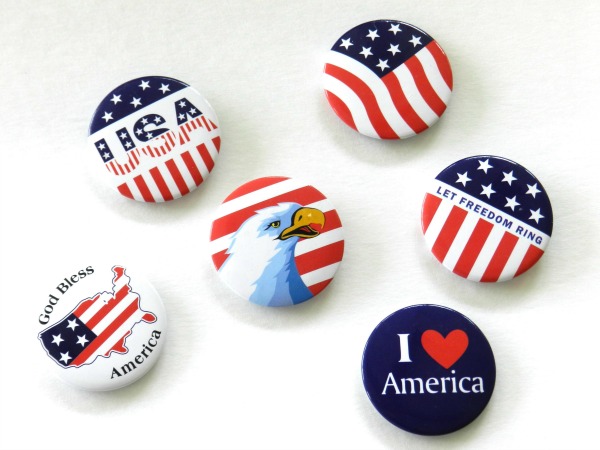Never Invited to the 4th of July Party: The Case for Reparations & Citizenship – Part II
by Matthew Green III | July 2, 2014 10:00 AM
 With 4th of July events coming up, there will be many gatherings and parties. In any type of party, whether particularly posh or just cool and casual, a set of implicit rules always exists: Don’t eat before everyone else; Don’t get drunk, and Don't talk about politics or religion. However, life for People of Color hasn't exactly been a party; In fact, African-Americans have yet to truly be invited. Te-Nehisi Coates exposes how we’ve been historically excluded from the guest list and treated as second-class citizens.
With 4th of July events coming up, there will be many gatherings and parties. In any type of party, whether particularly posh or just cool and casual, a set of implicit rules always exists: Don’t eat before everyone else; Don’t get drunk, and Don't talk about politics or religion. However, life for People of Color hasn't exactly been a party; In fact, African-Americans have yet to truly be invited. Te-Nehisi Coates exposes how we’ve been historically excluded from the guest list and treated as second-class citizens.
As a young Black man in his twenties, I have more of a connection to notable past events than some might think. My father was born and raised in Greenville, Mississippi and his family owned land and picked cotton. While my mother was born and raised in Chicago, her family never owned a home as she grew up. No one would even guess my maternal grandmother ever had land, nor that the land was forcibly sold for a dollar. It didn't take Coates' article to open mine nor my father’s eyes, but it did certainly help succinctly highlight things we need other people to understand.
Yes, slavery has been over for more than a hundred years, and no, my white neighbor doesn't owe me money, but money is owed from a government that institutionalized slavery. So, how does this relate to me? I've never been enslaved. True. However, the past always leaves ripples into the future and Coates' documents these negative ripples with clear proof. Great harm has been done. Tremendous loss has occurred and continues to occur. Clearly, we are witnesses to a horrific crime scene, spanning decades, generations, and territories.
I find it great to memorialize the achievements of any nation, but how does one do so, but forget the atrocities? The first President of the United States, George Washington, had over 100 slaves. Why does no one mention this? I just find it hypocritical to praise the same people who apparently denounced but maintained the institution of slavery. Remember, ever since slavery, Black people have had to fight for full citizenship. No “invitations” were mailed out, but for some reason people metaphorically act like they have been.
We know other groups that have been wronged by The States were compensated. Respectively, Jewish and Japanese Victims of the Holocaust and World War II were given reparations for their hardships. No amount of money can truly repay what has been taken away. Nonetheless, it’s an acknowledgement and way of righting a terrible wrong.
So, why not African-Americans who've been persecuted in even greater numbers, according to Vincent Brown's The Reaper’s Garden? While some may feel the damage has already been done, the expectation is to just move on. I feel people don't understand because quite literally, America grew-up with slavery and the damage has already been done. But that's exactly the problem: The damage still ripples through society, impacting generations of African Americans.
Many people see reparations as something “ridiculous” because of the lack of flagrant racism these days. Even so, it doesn't negate the evil of the past. "I work just as hard as you for my job", a common saying one might hear. The fact is statistically, a Black male with a great education has the same chance of getting a job as a white male with a criminal record. This is but one instance of the ripple effect.
I'm not here to argue for reparations since Coates covered it already. Frankly, everyone needs to stop kidding themselves. It's not about pulling a "race card" because this is NOT a “Game of Cards”. It's about racial justice and fairness, and until the topic of reparations is examined seriously, everyone will remain in denial.
My Question:
Is it really that “ridiculous” to ask for reparations for a 300+ year crime when others have received justice for wrong done to them? Tell me what you think.
I look forward to your responses below*, and I'd love your input.
*Note: You will need to register for an Institutional Diversity Blog account in order to comment, but you can get started right away by clicking here, or visiting our FAQ page for more help. Also, check out this video on "Registering for an Account on The Institutional Diversity Blog".
Source URL: https://institutionaldiversityblog.com/never-invited-to-the-4th-of-july-party-the-case-for-reparations-and-citizenship-part-2/